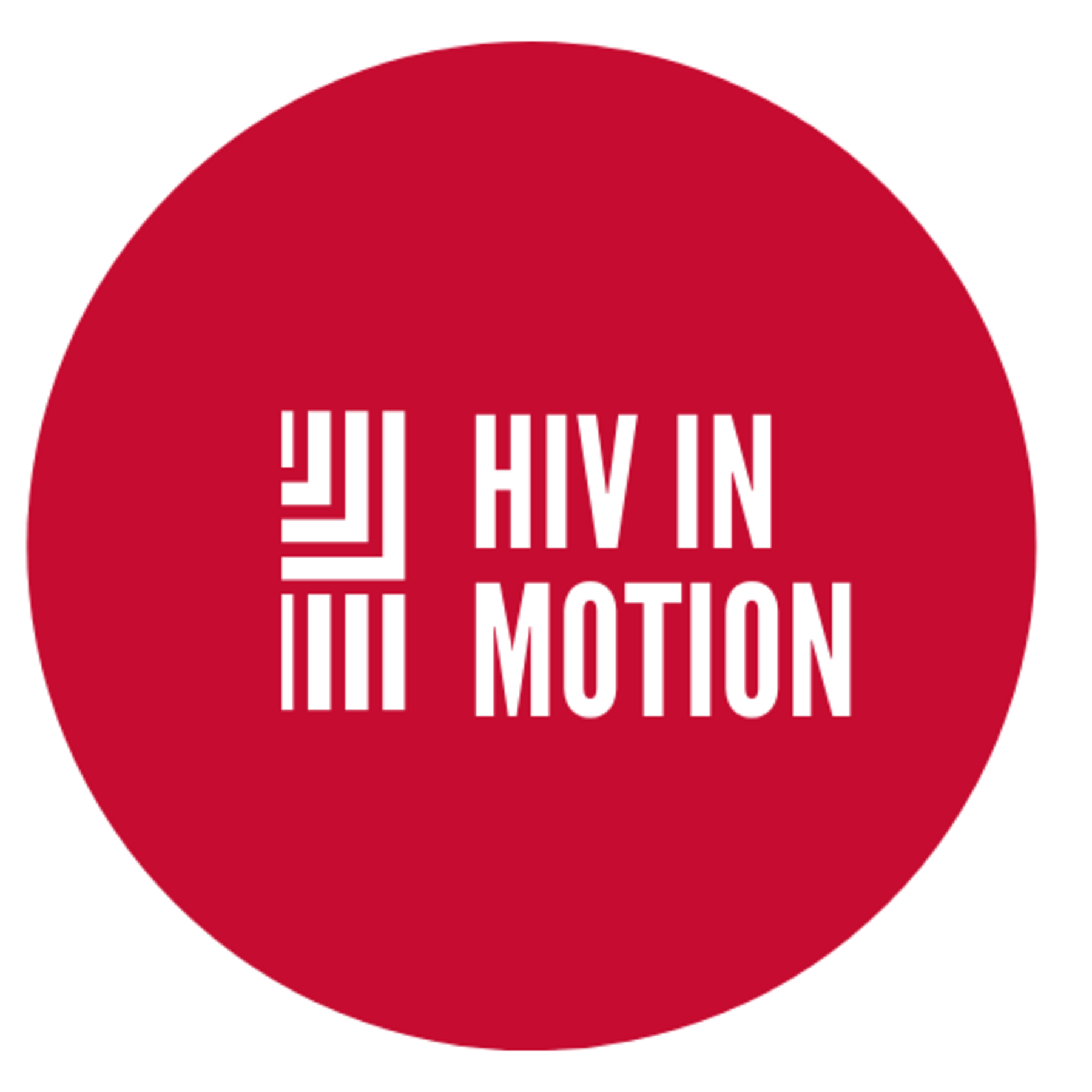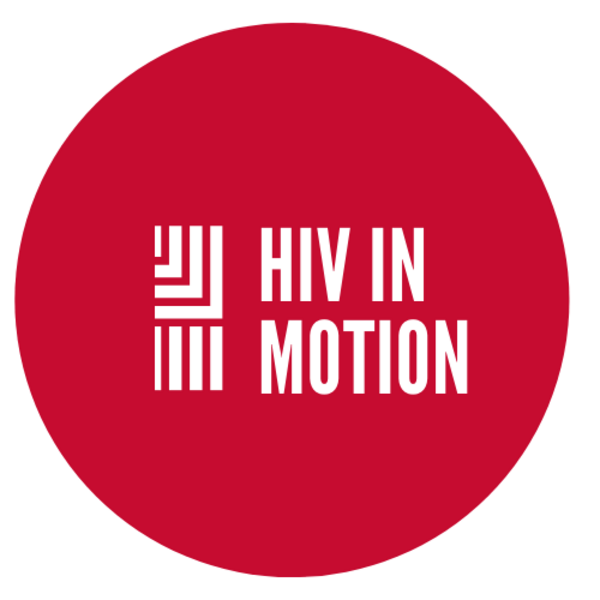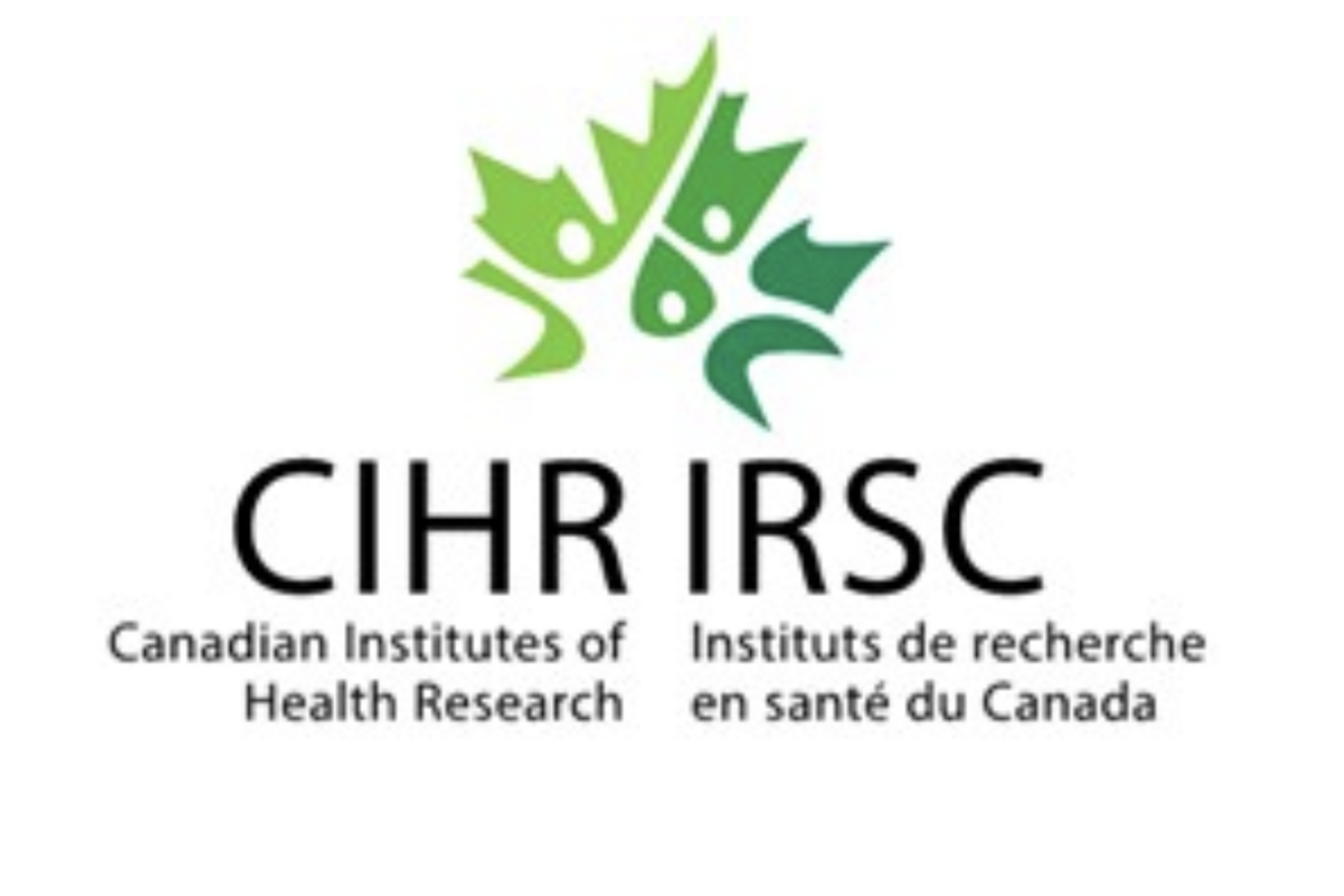Main Second Level Navigation
Breadcrumbs
- Home
- Research
- Programs of Research
- Episodic Disability and Rehabilitation Research Program
- HIV in Motion Study
HIV in Motion Study
Connecting Patient-Reported Outcomes with Health Interventions through an HIV Community of Practice


Background
Physical activity can reduce depression, anxiety, and improve health outcomes. Patient-reported outcome measures (PROMs) are one way of brokering alliances between people living with HIV and providers; enhancing communication, facilitating links to interventions, and enhancing person-centered care. We developed a PROM, called the HIV Disability Questionnaire (HDQ) to measure the presence, severity and episodic nature of disability and demonstrated its reliability and validity with people living with HIV in Canada, Ireland and the UK. There is a need for brief, yet comprehensive tools that can facilitate timely and evidence-informed interventions that can be routinely administered in practice to facilitate timely, accessible and effective interventions to promote healthy aging with HIV.
What is the goal of HIV in Motion?
Our goal is to establish a sustainable Community of Practice – “HIV in Motion” – to advance physical activity rehabilitation interventions with PRO-use for people living with HIV in Canada. Using the HDQ as a foundational starting point, our specific objectives are:
- Objective 1
To assess the utility of a new Short Form-HDQ (SF-HDQ) across community-based settings with people living with HIV and providers - Objective 2
To assess administration and measurement properties of the SF-HDQ while collecting foundational data on the presence, severity and episodic nature of disability among people living with HIV in Canada - Objective 3
To establish and sustain an inclusive Community of Practice (CoP) – “HIV in Motion” that includes people living with HIV, researchers, clinicians, representatives from community-based organizations, clinics and health centres, and community experts to advance PRO tools such as the SF-HDQ through integrated knowledge transfer and exchange (iKT) and capacity building strategies.

HIV in Motion Community of Practice
The HIV in Motion Community of Practice (CoP) provides a dynamic space for stakeholders to learn, exchange ideas, promote dissemination in academic and community ways, promote uptake and evaluation of learning and results about movement, physical activity, and exercise for persons living with HIV among, and with, people living with HIV.
What is a Community of Practice (CoP)?
A Community of Practice is an informal group of people who share a concern or a passion for something they do and learn how to do it better as they interact regularly. The HIV in Motion Community of Practice (CoP) provides a dynamic space for all stakeholders to learn, exchange ideas, promote dissemination in academic and community ways, promote uptake and evaluation of learning and results about movement, physical activity and exercise for persons living with HIV among, and with, people living with HIV.
Online Modules Sessions
The “HIV in Motion” Community of Practice (CoP) meets quarterly for blended online learning module sessions led by Francisco Ibanez-Carrasco francisco.ibanez.carrasco@utoronto.ca and Engagement Coordinator, George DaSilva george.dasilva@utoronto.ca. The sessions include panelists of speakers focused on topics related to HIV and health, and provide updates on the HIV in Motion research study. The online sessions are a knowledge translation vehicle to provide updates on the HIV in Motion CIHR-funded research study, and to translate knowledge on different topics and areas of interest and practice of social and physical activity among people living with HIV.
Who can join?
Anyone. The CoP is open to persons living with HIV, academics, students, researchers, and practitioners, both clinical and organizations interested in physical activity and exercise. Stakeholders can join to listen in, to share work and views, and to support others. The CoP meets quarterly for online module sessions. The CoP is broad – you do not need to be a participant in the research study to be a part of the CoP. If you are a participant in the research study you can join the CoP, but it is not required.
How did the HIV in Motion CoP start?
The HIV in Motion CoP is connected to a CIHR-funded Community-Based Research (CBR) Study. The aim of this study is to gain a better understanding of the use of a patient-reported health questionnaire called the Short Form HIV Disability Questionnaire (SF-HDQ) in community and clinical settings. The SF-HDQ measures the presence, severity and episodic nature of health-related challenges that may be experienced by people living with HIV. The CoP is a space for sharing knowledge on this research, as well as collaborating in SF-HDQ related rehabilitation interventions.
HIV in Motion Website
The HIV in Motion is a ‘living website’ that continually builds on research activity by clinicians, researchers, and persons living with HIV. The HIV in Motion Website is a good place to find out about the CoP quarterly online sessions and access links to past podcasts and videos: http://bit.ly/HIVinMOTIONsite.
HIV in Motion Partners
The HIV in Motion CoP is a collaborative led by a number of partners involved in the CIHR-funded HIV in Motion Study that include: Realize; St. Michael’s Hospital (Toronto), Dr. Peter AIDS Foundation (Vancouver), AIDS Vancouver (Vancouver), Nine Circles Community Health Centre (Winnipeg), Casey House (Toronto), AIDS Committee of Toronto (ACT), Toronto PWA Foundation (Toronto), Alliance for South Asian AIDS Prevention (ASAAP) (Toronto), AIDS Community Care Montreal (ACCM), Canada-International HIV Rehabilitation Research Collaborative (CIHRRC), Rehabilitation in HIV Association (RHIVA), Canadian Association for HIV Research (CAHR) and Royal Sussex Hospital (Brighton, United Kingdom).
For more information or to join the HIV in Motion, contact Engagement Coordinator, George Da Silva at george.dasilva@utoronto.ca

Short Form HIV Disability Questionnaire (SF-HDQ) Study in HIV in Motion
We developed a Short-Form version of the HIV Disability Questionnaire (SF-HDQ) using Rasch analysis with data from the long-form version of the original HDQ. We further refined the SF-HDQ to the Episodic Disability Questionnaire (EDQ).
The EDQ consists of 35 items and measures the presence, severity and episodic nature of disability across six domains:
- Physical health
- Cognitive health
- Mental-Emotional health
- Uncertainty
- Daily activities
- Social inclusion
We broadly define disability based on a definition established among people living with HIV: any physical, cognitive, mental or emotional health symptoms and impairments, difficulties carrying out day-to-day activities, challenges to social inclusion and uncertainty (or worrying about the future) experienced by adults living with HIV (Episodic Disability Framework, 2008).
What are the study methods?
This is a community-based research (CBR) study co-led by a team of community leaders, experts, and representatives from community-based organizations (CBOs), embedded in efforts to provide community-based care with people living with HIV in Canada.
- Phase 1 Research – Objective 1: We will use quantitative (questionnaires) and qualitative (interviews) strategies with people living with HIV and health providers to assess sensibility and utility of the SF-HDQ in community-based settings.
- Phase 2 Research – Objective 2: We will conduct a cross-sectional community-engaged research study to examine EDQ administration and its properties with adults living with HIV in Canada. We will electronically administer the EDQ and health status criterion measures with adults living with HIV, and re-administer the EDQ 1 week later. We will calculate EDQ presence, severity and episodic scores, Cronbach’s alphas (internal reliability), Intraclass Correlation Coefficients (test-retest reliability) and examine correlations for hypotheses theorizing relationships between HDQ and criterion measure scores (construct validity). We will document the profile of disability and multimorbidity using structural equation modeling to examine relationships between dimensions of disability and the influence of intrinsic (sex, gender, age) and extrinsic (stigma, social support) contextual factors.
- HIV in Motion Community of Practice – Objective 3: The HIV in Motion Community of Practice (CoP) provides a dynamic space for all stakeholders to learn, exchange ideas, promote dissemination in academic and community ways, promote uptake and evaluation of learning and results about movement, physical activity, and exercise for persons living with HIV among, and with, people living with HIV. The “HIV in Motion” Community of Practice (CoP) meets quarterly for blended learning online modules sessions. The sessions include panelists of speakers focused on topics related to HIV and health, and provide updates on the HIV in Motion research study. Outcomes will help advance strategies for bridging partnerships, collaborations and research in physical activity with people living with HIV.
Who can participate in the research study?
Adults living with HIV and community providers in Canada affiliated with one of the HIV in Motion partner community-based sites and health centres in Canada.
How can I get a summary of the research study results?
Updates on the HIV in Motion study will be provided at the quarterly online HIV in Motion sessions. Results of this study will also be posted on the CIHRRC website.
The HIV in Motion Study Team
The HIV in Motion team is a community-clinical-academic collaboration involving a number of partners that include: Realize; St. Michael’s Hospital (Toronto), Dr. Peter AIDS Foundation (Vancouver), Positive Living BC (Vancouver), Nine Circles Community Health Centre (Winnipeg), Casey House (Toronto), AIDS Committee of Toronto (ACT), Toronto PWA Foundation (Toronto), Alliance for South Asian AIDS Prevention (ASAAP) (Toronto), AIDS Community Care Montreal (ACCM), Canada-International HIV Rehabilitation Research Collaborative (CIHRRC), Rehabilitation in HIV Association (RHIVA), Canadian Association for HIV Research (CAHR), Chelsea and Westminster Hospital NHS Foundation Trust (London, United Kingdom), and Royal Sussex Hospital (Brighton, United Kingdom).
Researchers
- Kelly O’Brien, Department of Physical Therapy, University of Toronto
- Francisco Ibáñez-Carrasco, Dalla Lana School of Public Health, University of Toronto
- Ahmed Bayoumi, St. Michael’s Hospital & University of Toronto, Toronto, Ontario, Canada
- Colm Bergin, Trinity College Dublin, St. James’s Hospital, Dublin, Ireland
- Patty Solomon, School of Rehabilitation Sciences, McMaster University
- Soo Chan Carusone, McMaster University, Hamilton, Ontario, Canada
- Kristine Erlandson, University Colorado Denver, Denver, Colorado, United States
- Steven Hanna, Health Research Methods, Evidence, and Impact, McMaster, University.
- Richard Harding, King’s College London, United Kingdom
- Adria Quigley, McGill University, Montreal, Quebec
- Ann Stewart, St. Michael’s Hospital, Toronto, Ontario, Canada
Knowledge Users and Collaborators
- Puja Ahluwalia, Realize, Toronto, Ontario, Canada
- Praney Anand, Alliance for South Asian AIDS Prevention (ASAAP), Toronto, Ontario, Canada
- Rosalind Baltzer Turje, Dr. Peter AIDS Foundation, Vancouver, British Columbia, Canada
- Larry Baxter, Halifax, Nova Scotia, Canada*
- Glen Bradford, Vancouver, British Columbia, Canada*
- Darren Brown, Chelsea and Westminster Hospital, NHS Foundation Trust, London, United Kingdom
- Shaz Islam, Toronto, Ontario, Canada*
- Katrina Krizmancic, AIDS Committee of Toronto, Toronto, Ontario, Canada
- Gina Laliberte, Nine Circles Community Health Centre, Winnipeg, Manitoba, Canada
- Joanne Lindsay, Toronto, Ontario, Canada*
- Andrew Matejcic, Canadian Association for HIV Research (CAHR)
- Natalia McClellan, AIDS Community Care Montreal (ACCM), Montreal, Quebec, Canada
- Esther McDonnell, Rehabilitation in HIV Association (RHIVA), London, United Kingdom
- Courtney Pankratz, Dr. Peter AIDS Foundation, Vancouver, British Columbia, Canada
- Tolu Akinsoji, Dr. Peter AIDS Foundation, Vancouver, British Columbia, Canada
- Vladislava Maksimcev, Dr. Peter AIDS Foundation, Vancouver, British Columbia, Canada
- Patrick McDougall, Dr. Peter AIDS Foundation, Vancouver, British Columbia, Canada
- Carolann Murray, Casey House, Toronto, Ontario, Canada
- Colleen Price, Ottawa, Ontario, Canada*
- Jaime Vera, Brighton and Sussex University Hospital, Brighton, United Kingdom
- Tammy Yates, Realize, Toronto, Ontario, Canada
*Ambassadors of HIV in Motion – engaged in spearheading the Community of Practice and knowledge translation endeavours of HIV in Motion.
Coordinator Team
- George Da Silva, Engagement Coordinator, University of Toronto
- Kiera McDuff, PT, Research Coordinator, University of Toronto
Acknowledgements
We thank the Knowledge Users, Collaborator Organizations and Site Leads in this work. Kelly O’Brien is supported by a Canada Research Chair in Episodic Disability and Rehabilitation (Canada Research Chairs Program). We thank the HIV in Motion participants.
Special thanks to the following for their collaboration and support of the HIV in Motion study
Realize; St. Michael’s Hospital (Toronto), Dr. Peter AIDS Foundation (Vancouver), AIDS Vancouver (Vancouver), Nine Circles Community Health Centre (Winnipeg), Casey House (Toronto), AIDS Committee of Toronto (ACT), Alliance for South Asian AIDS Prevention (ASAAP) (Toronto), AIDS Community Care Montreal (ACCM), Canada-International HIV Rehabilitation Research Collaborative (CIHRRC), Rehabilitation in HIV Association (RHIVA), Canadian Association for HIV Research (CAHR) and Royal Sussex Hospital (Brighton, United Kingdom).
Funding
This study is funded by the Canadian Institutes of Health Research (CIHR), HIV/AIDS Community-Based Research Program (CBR-FRN-170102). Kelly O’Brien is supported by a Canada Research Chair in Episodic Disability and Rehabilitation.
